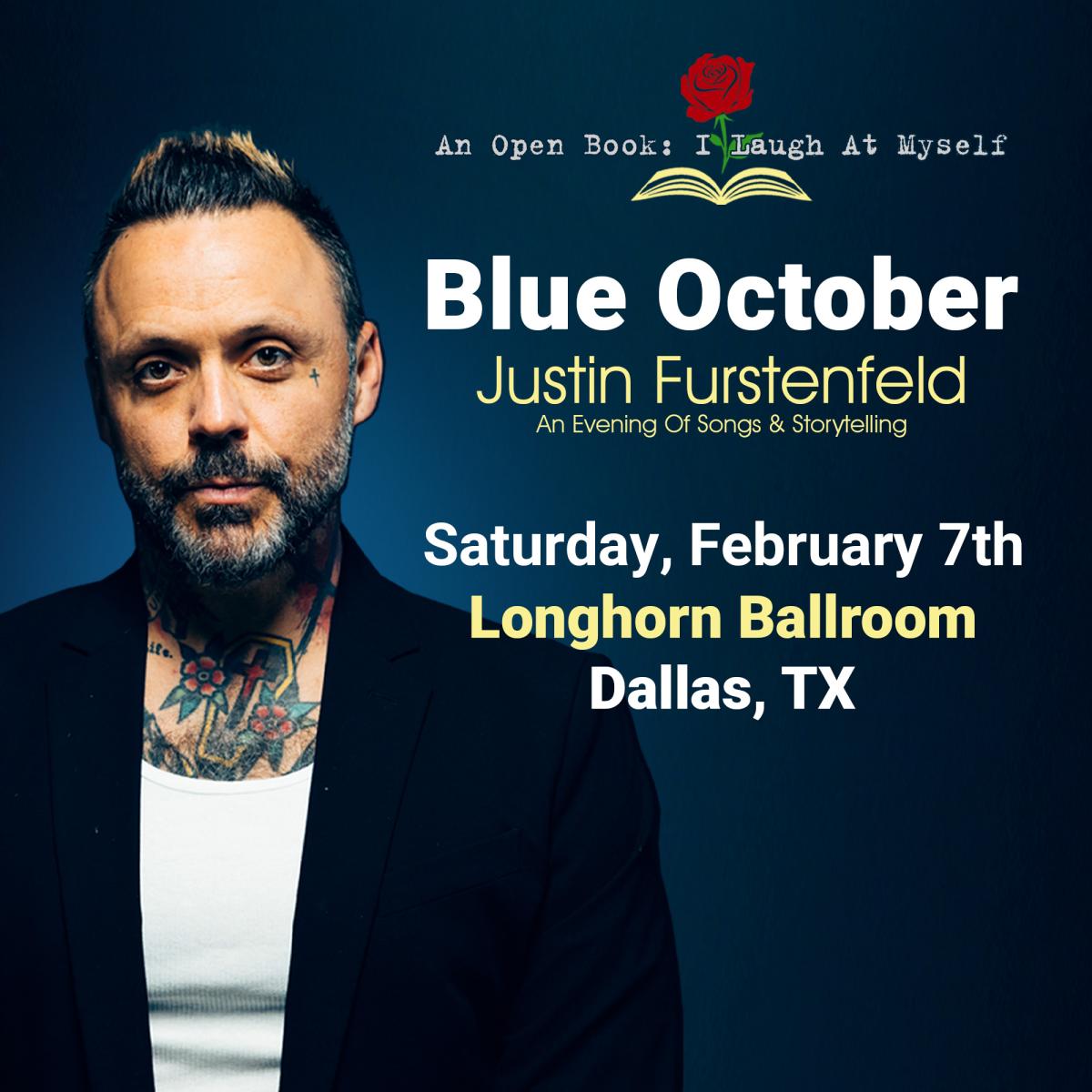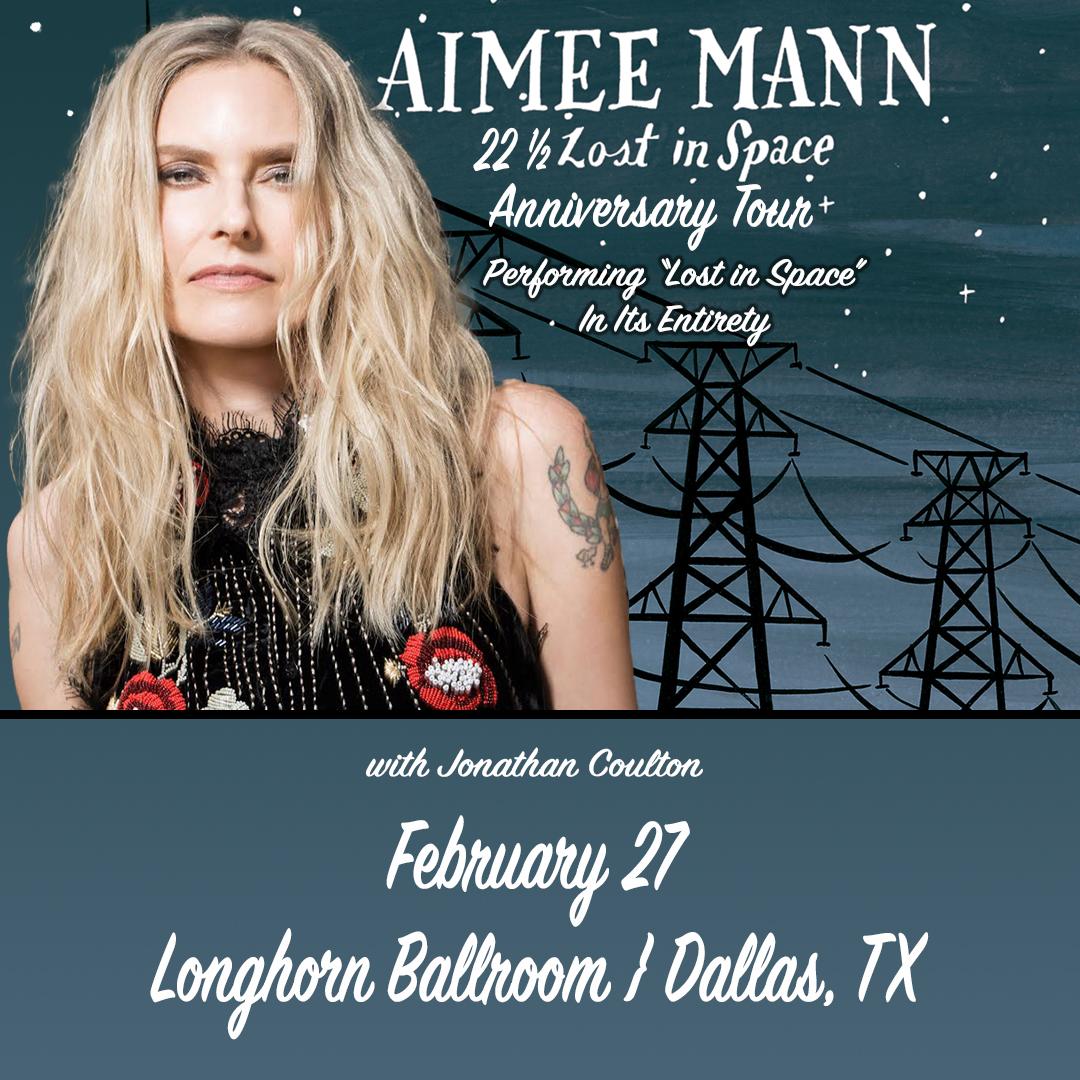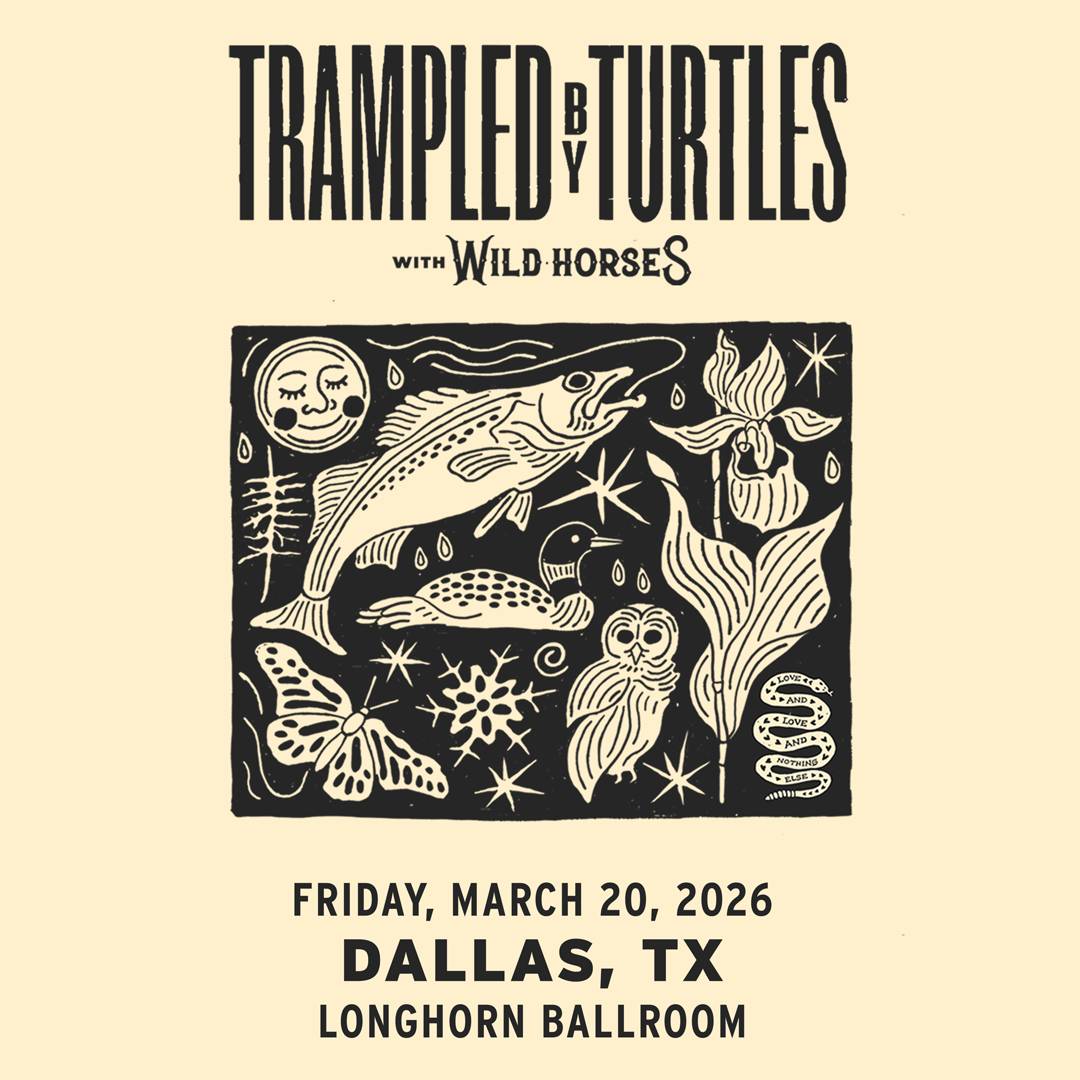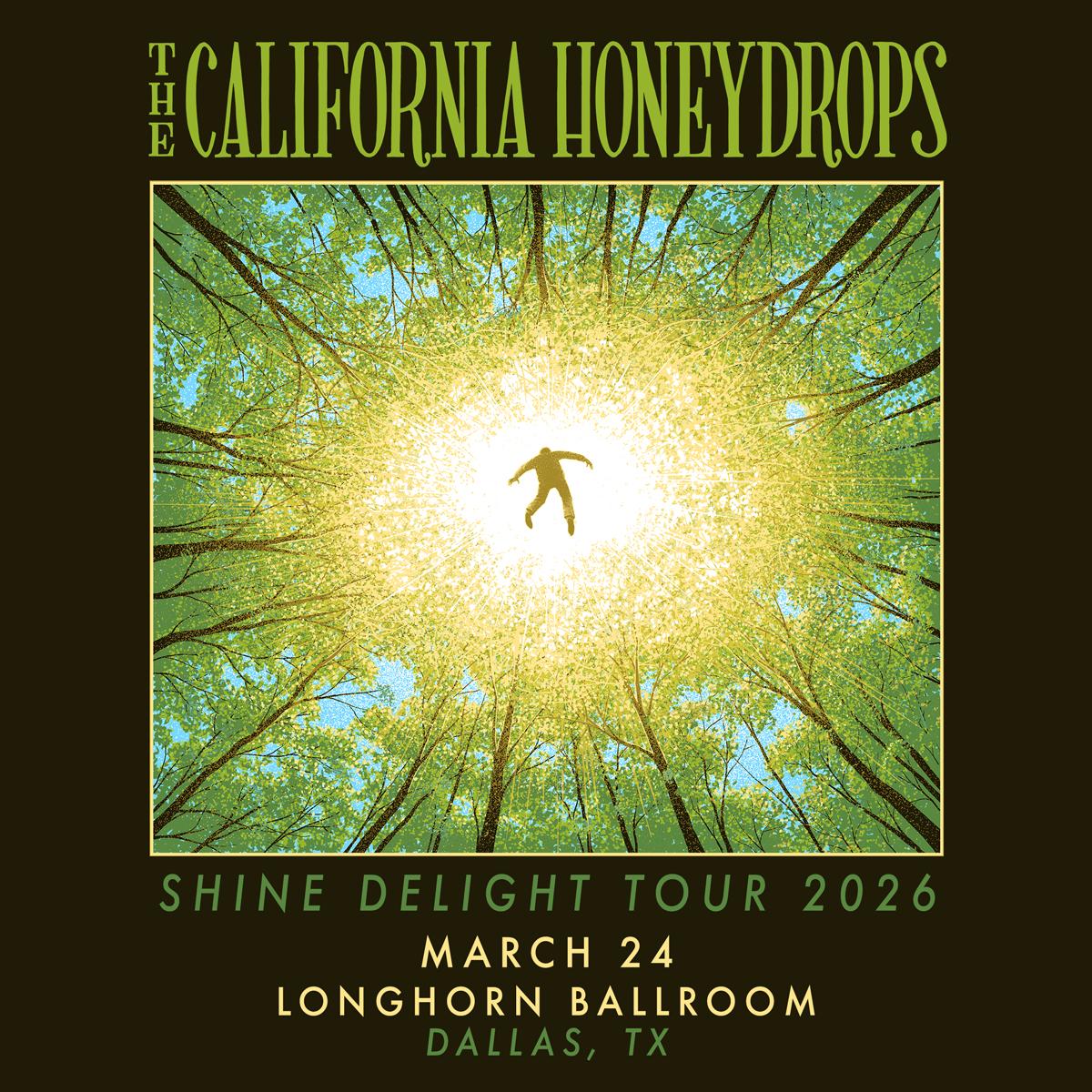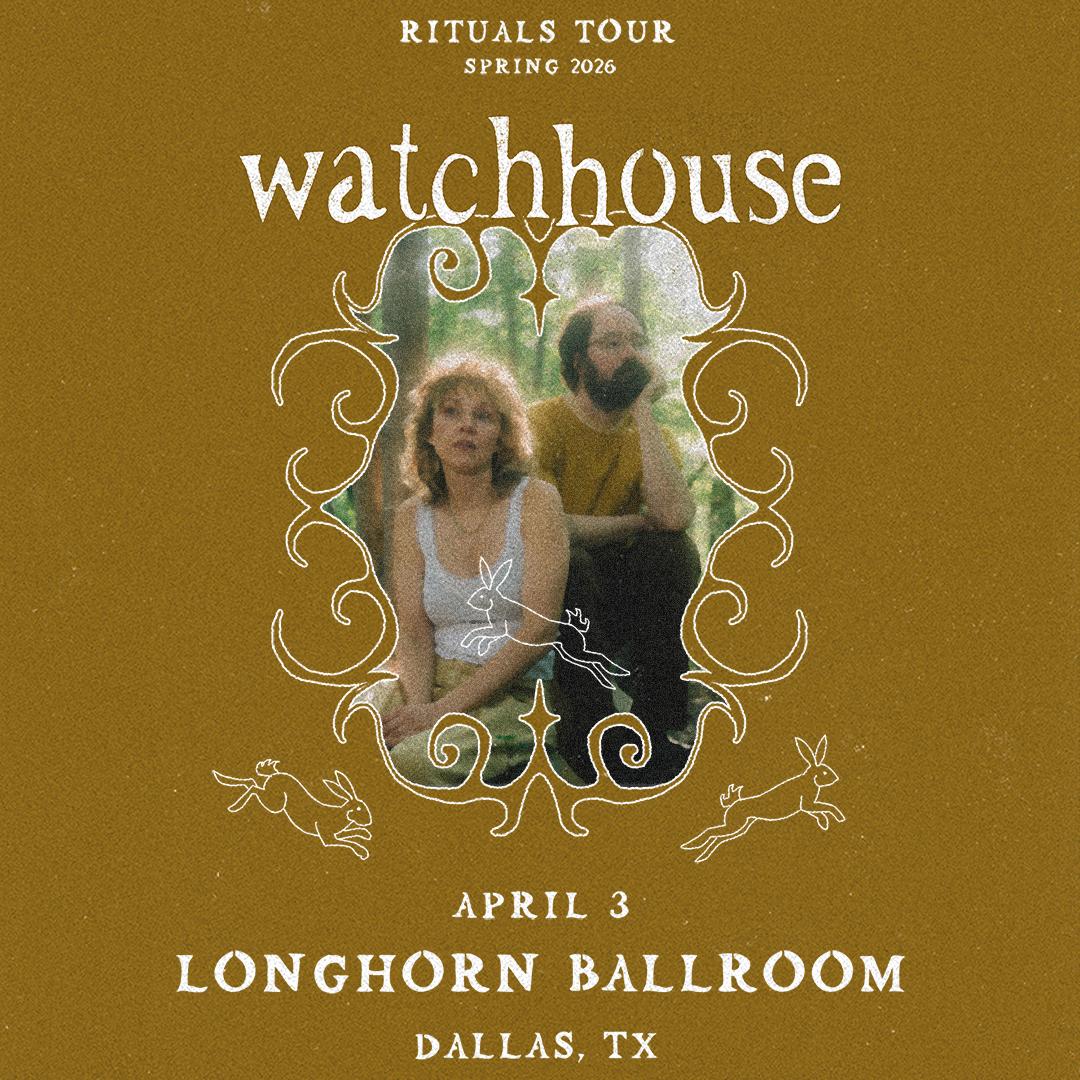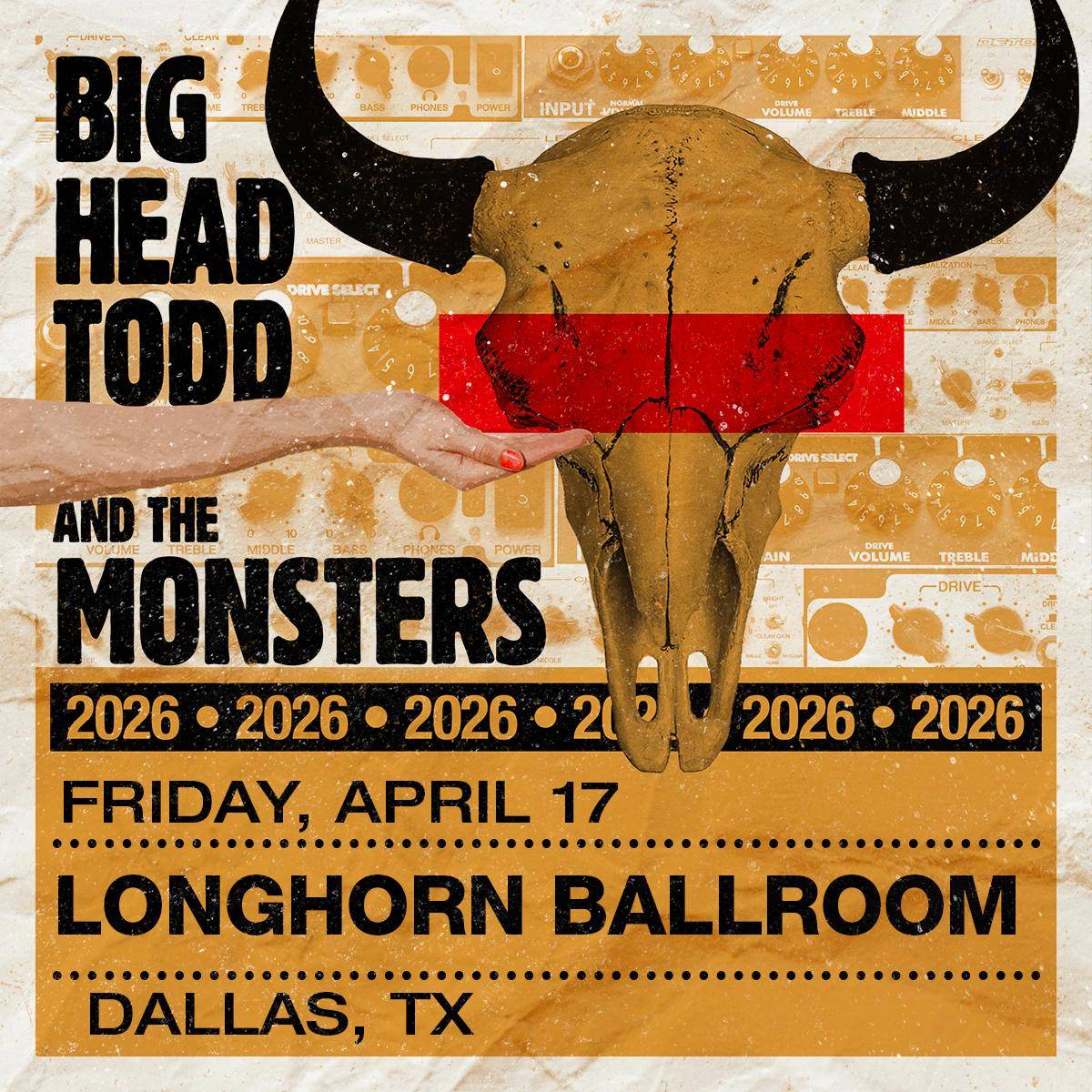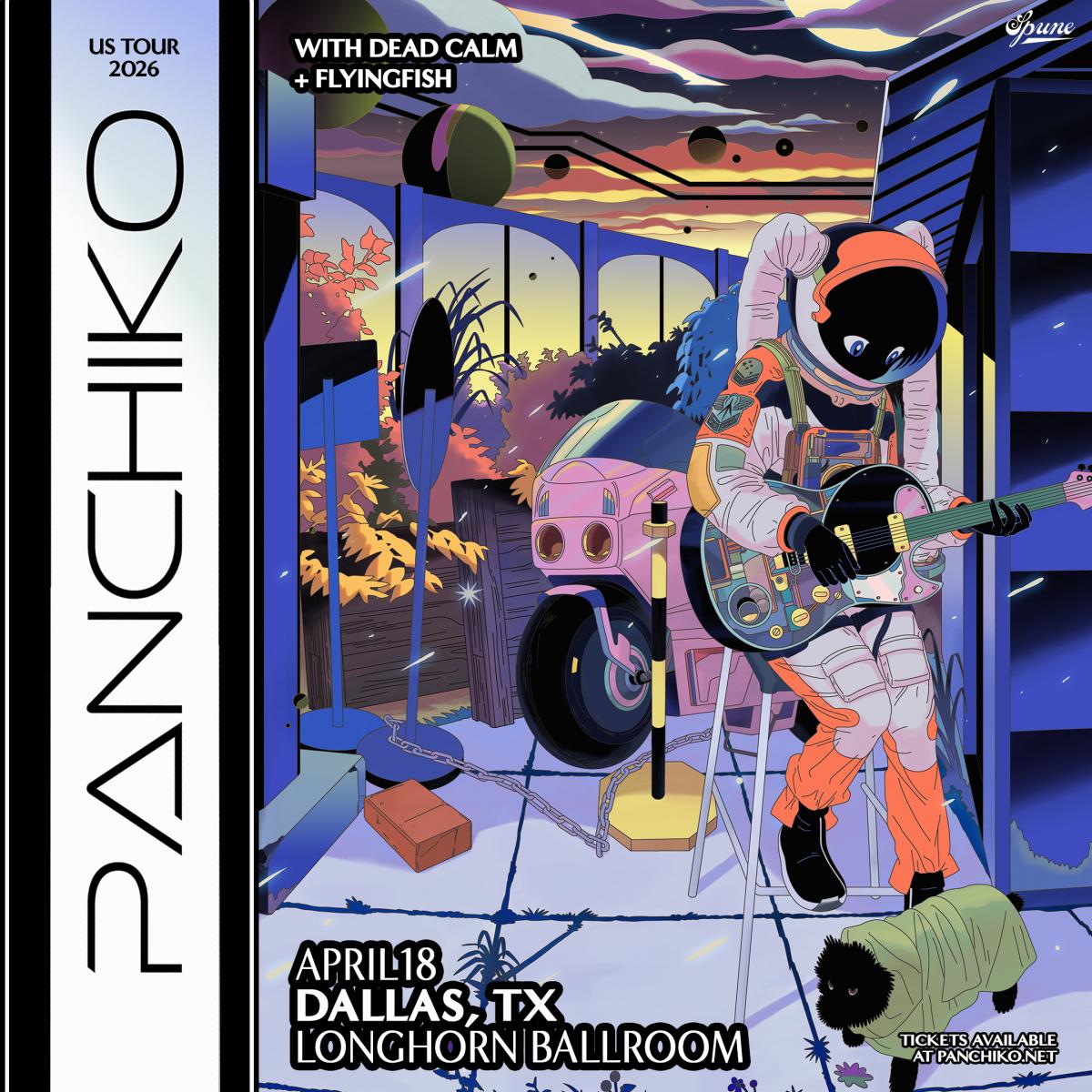There are no upcoming events in this category
Friday
January 30
Doors 6:30pm, Start 8:00pm
Longhorn Ballroom
-
Dallas, TX
Sunday
February 15
Doors 6:30pm, Start 8:00pm
Longhorn Ballroom
-
Dallas, TX
Wednesday
February 18
Doors 6:30pm, Start 8:00pm
Longhorn Ballroom
-
Dallas, TX
Friday
February 27
Doors 6:30pm, Start 8:00pm
Longhorn Ballroom
-
Dallas, TX
Saturday
March 7
Doors 6:00pm, Start 8:00pm
Longhorn Ballroom
-
Dallas, TX
Thursday
March 19
Doors 6:30pm, Start 8:00pm
Longhorn Ballroom
-
Dallas, TX
Friday
March 20
Doors 6:30pm, Start 7:30pm
Longhorn Ballroom
-
Dallas, TX
Tuesday
March 24
Doors 6:30pm, Start 8:00pm
Longhorn Ballroom
-
Dallas, TX
Sold Out
Friday
March 27
Doors 6:30pm, Start 8:00pm
Longhorn Ballroom
-
Dallas, TX
Saturday
March 28
Doors 6:30pm, Start 8:00pm
Longhorn Backyard Amphitheater
-
Dallas, TX
Friday
April 17
Doors 6:30pm, Start 8:00pm
Longhorn Ballroom
-
Dallas, TX
Saturday
April 18
Doors 6:30pm, Start 7:30pm
Longhorn Ballroom
-
Dallas, TX
Sunday
April 19
Doors 6:30pm, Start 8:00pm
Longhorn Ballroom
-
Dallas, TX
Friday
April 24
Doors 6:30pm, Start 8:00pm
Longhorn Backyard Amphitheater
-
Dallas, TX
Wednesday
April 29
Doors 6:30pm, Start 8:00pm
Longhorn Ballroom
-
Dallas, TX


